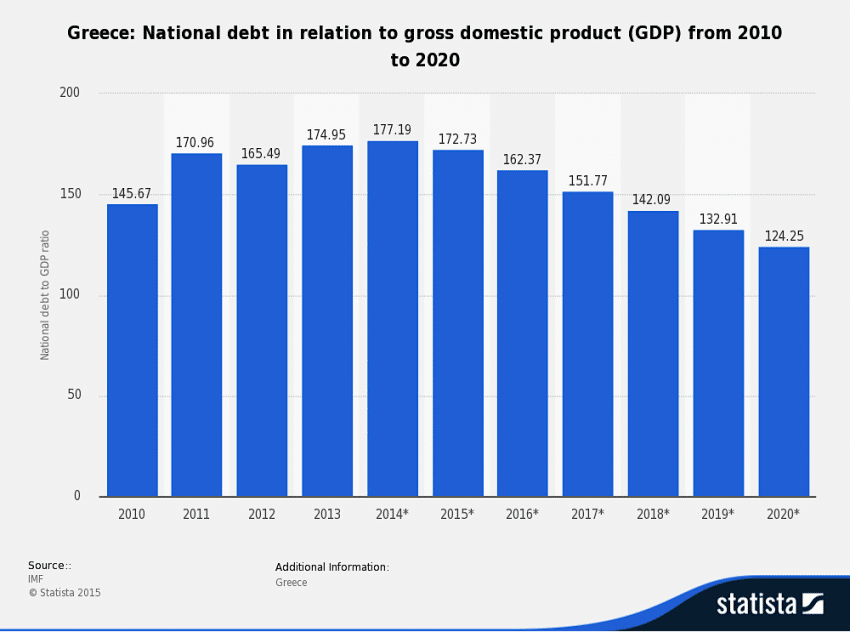An Expert Weighs in on the Greek Election
In the wake of a surprise re-election of Alexis Tsipras and Syriza, Thomas Piketty discusses the need for a more active approach from European leaders when it comes to the Greek question – and for a Eurozone parliament to be established.
The Tsipras victory has come as a surprise to some. What has changed for Greece?





